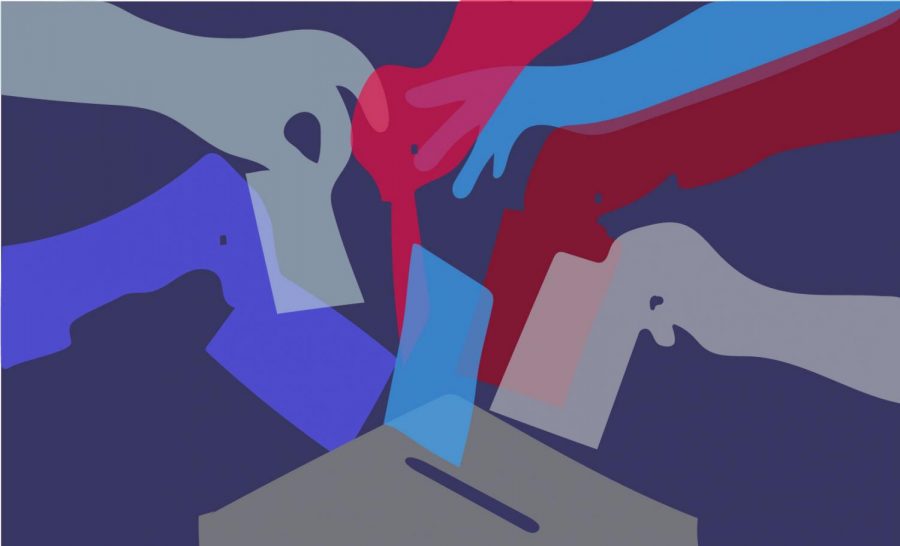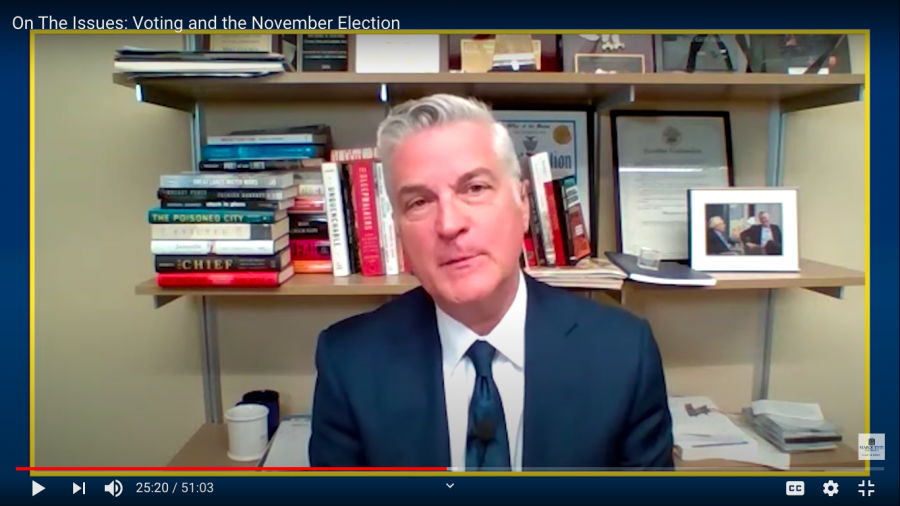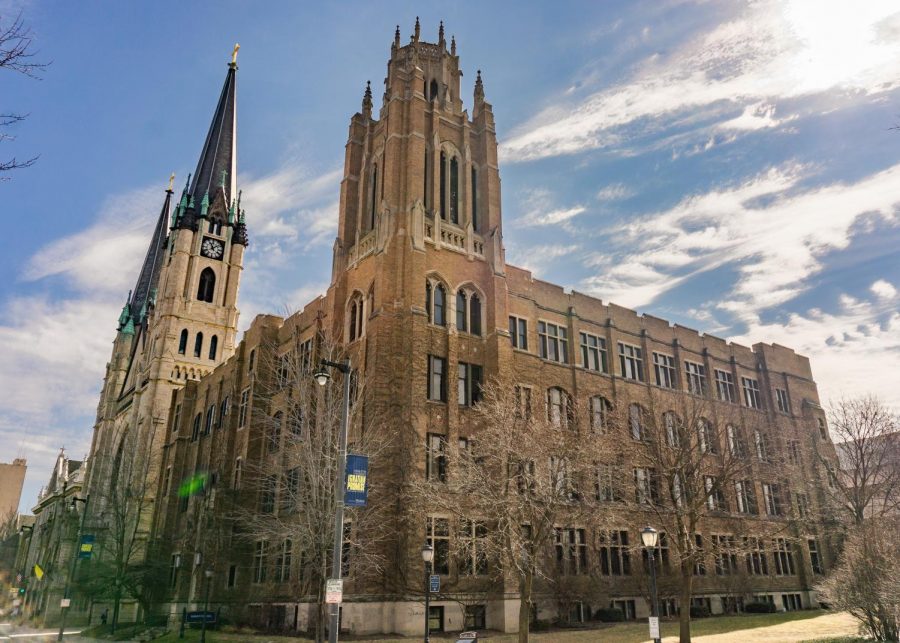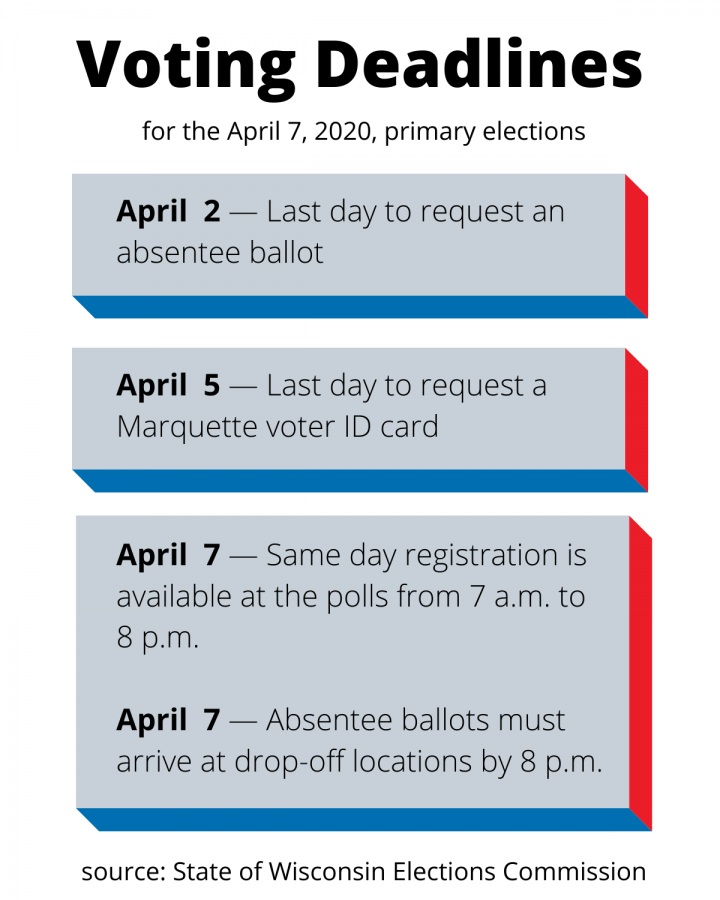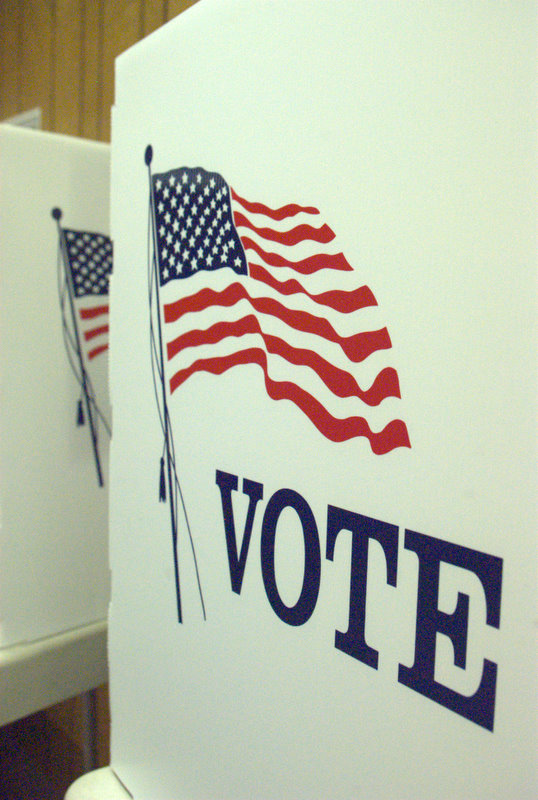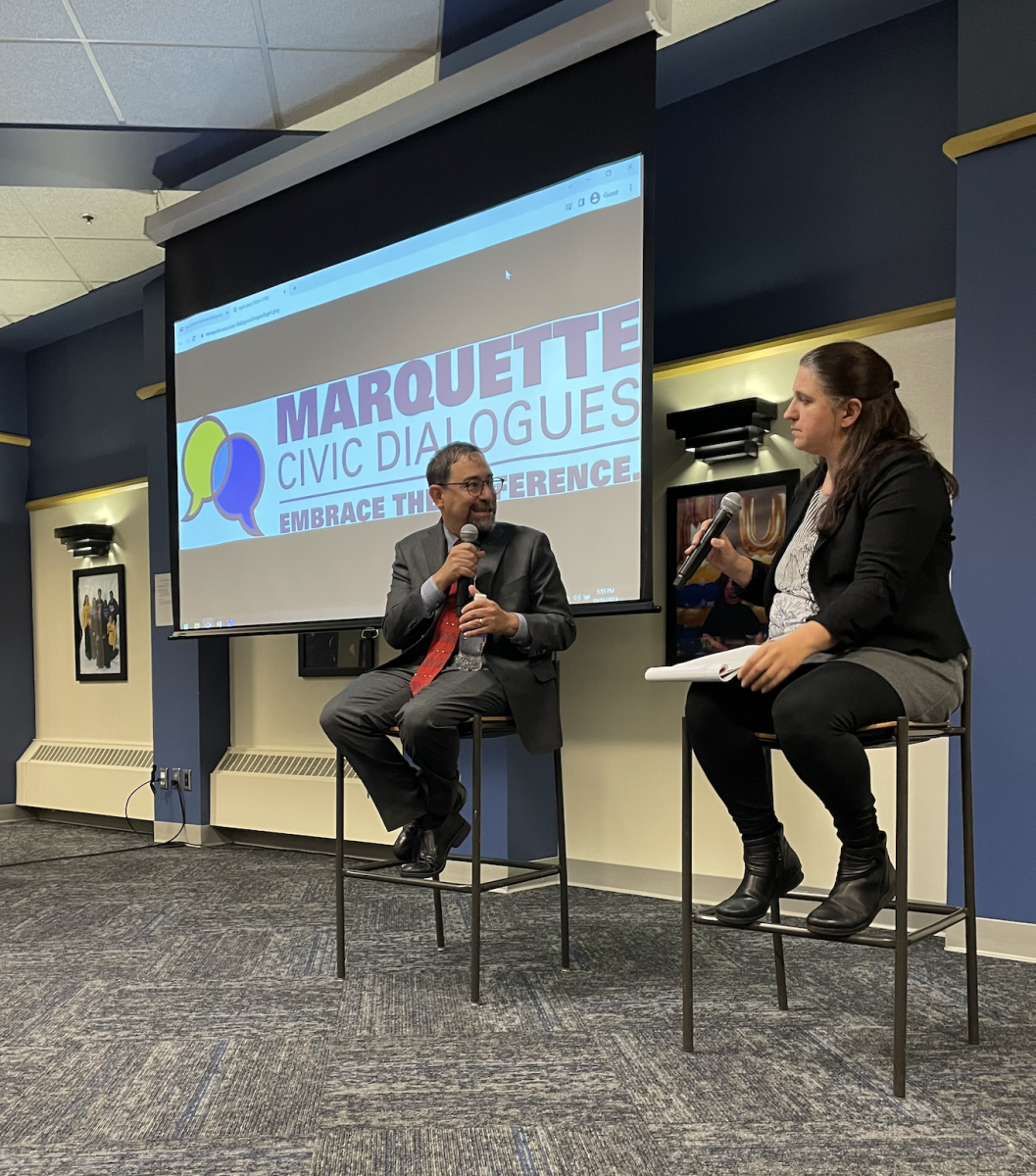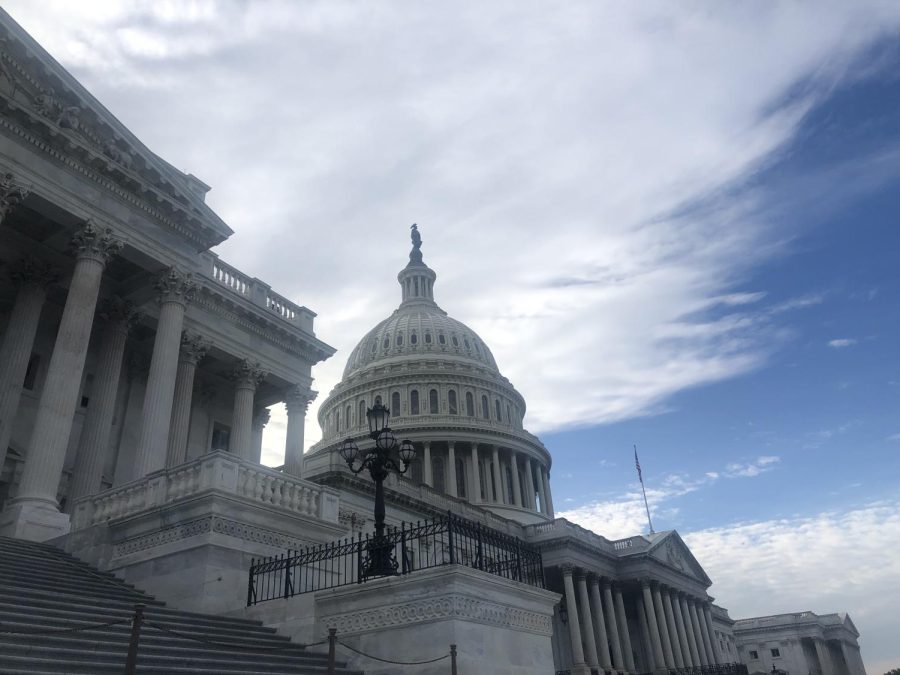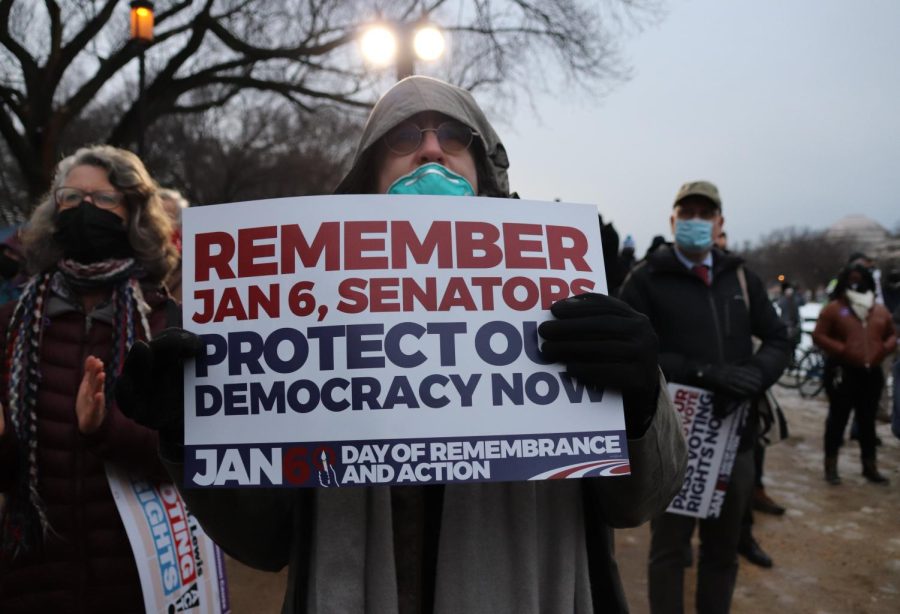The Wisconsin Supreme Court’s Feb. 11 ruling that absentee ballot drop boxes will not be allowed in the statewide election April 5, including the special mayoral election in Milwaukee, restricts voting access.
Absentee ballot boxes were implemented in the fall of 2020 in an effort to make voting during the 2020 presidential election more accessible during the COVID-19 pandemic. We are still experiencing the effects of the COVID-19 pandemic and convenient voting resources should not be removed from Wisconsin or anywhere in the United States.
The mayoral election comes following former Milwaukee mayor Tom Barrett’s resignation to become the United States ambassador to Luxembourg. The two candidates left following the February primaries for mayor are interim Cavalier Johnson andRobert Donovan. For this election, absentee ballot drop boxes will not be allowed.
Following the 2020 presidential election, the push for more restrictive voting laws has become a trend across the U.S. In 2021, states passed dozens of laws making it more difficult for constituents to vote. For example, the United States Supreme Court upheld July 2021 a law passed in Arizona which restricted the ability to vote by mail-in ballots. It seems that after persistent false claims from former President Donald Trump and his allies that the presidential election was fraudulent, the U.S. has seen a spike in election insecurity and now lawmakers are acting swiftly.
According to the Pew Research Center, mail-in voting has become much more common following the start of the COVID-19 pandemic. In addition to the rise in commonality due to the pandemic, there are a lot of important effects of absentee voting. Mail-in voting protects people from becoming ill if they were to visit polling sites, increases voter turnout and has rare documented cases of fraud.
It is frustrating to see voting accessibility restricted when absentee ballot boxes have been a positive feature for many, especially in Wisconsin.
In a report published by the National Study of Learning, Voting, and Engagement looking at the University of Wisconsin, 39% of students voted with absentee ballots in 2020. This helped the University of Wisconsin-Madison reach a 72.8% voter turnout which was a 7.4% increase from 2016.
In the 2020 presidential election, and more than two-thirds of Milwaukee residents voted using mail-in ballots.
In a press statement Feb. 12 following the Wisconsin Supreme Court decision to close absentee ballot drop boxes for the Milwaukee mayoral election, Madison Mayor Satya Rhodes-Conway said, “It is deeply disappointing that the majority on the Wisconsin Supreme Court decided to institute two sets of rules for the same election cycle, sowing confusion by allowing secure ballot drop boxes for the primary and locking them shut for the general election.”
Milwaukee and Madison are Wisconsin’s two largest cities and also represent a lot of the state’s voter diversity, and are also cities that both went blue in the 2020 presidential election. They are also two cities being subjected to a lot of questions about election integrity, and as we are seeing in Milwaukee for the upcoming mayoral election, having fewer options for citizens to cast their votes.
There are several serious issues with limiting or cutting off access to absentee voting.
Confusion arises when things constantly change. To allow absentee voting in one election but not the other or in one city but not the next causes voter confusion and frustration. One thing that is likely to turn away hesitant voters is mixed messaging and when laws are constantly changing, people are less likely to make an effort to understand them in order to cast their vote.
Additionally, less accessibility to voting will cause less voting. The U.S. saw the highest voter turnout to date in the 2020 presidential election – a 7% increase from 2016. Since then many lawmakers have only worked to discount that and make it less likely that our voter turnout will continue to grow.
If the U.S. wants to thrive as a democracy, lawmakers need to stop discouraging active citizen participation and make voting more accessible. Getting rid of avenues to vote in Milwaukee and all over the nation is a surefire way to deter voters and that leads us to having a less viable democracy.
This story was written by Grace Cady. She can be reached at [email protected]


